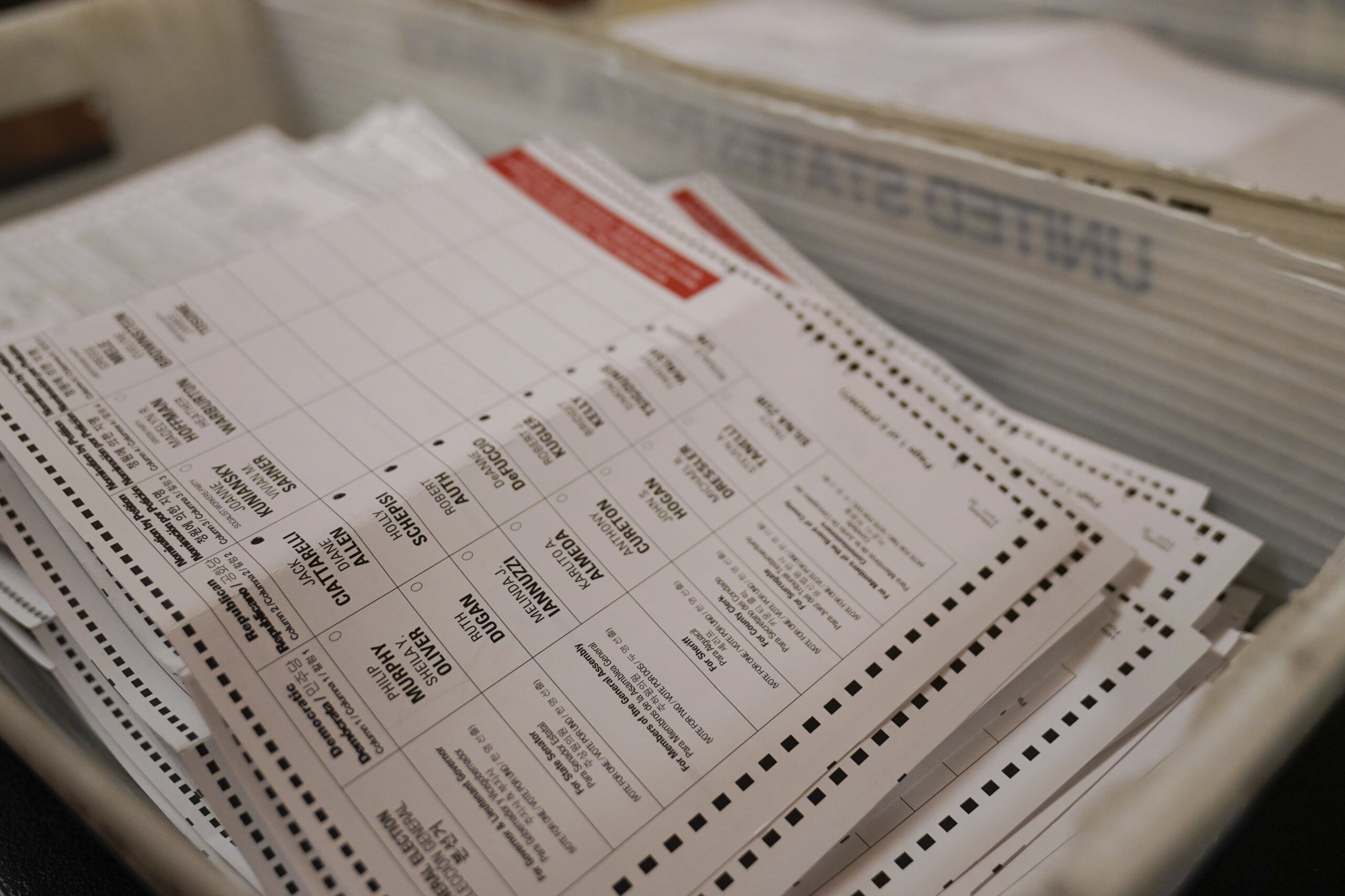Concerns about election integrity are a recurring topic, and a recent report has brought renewed attention to New Jersey’s voter records. A report from the Public Interest Legal Foundation (PILF) has identified over 32,000 “questionable” voter records within the state, prompting discussions about the accuracy of voter rolls as the 2025 election approaches. This raises a crucial question for many New Jerseyans: should we be worried about the integrity of our upcoming elections? For more on the political discussions and decisions shaping our state, visit Explore New Jersey Politics.
What Does “Questionable” Mean?
The term “questionable” in this context refers to various discrepancies and potential inaccuracies in voter registration data, not necessarily evidence of widespread fraud. According to the PILF report, these issues include:
- Placeholder or Fictitious Birth Dates: A significant number of registrations, over 15,000, use placeholder or obviously fictitious dates of birth, such as “1800-01-01.” In Essex County alone, more than 5,100 records reportedly use these placeholder dates.
- Duplicate Registrations: The report identified over 2,500 duplicate registrations at the same residential address. These often appear due to minor name variations (e.g., “William” versus “Willie”) combined with missing or false birthdate data.
- Other Inconsistencies: While not explicitly detailed in the provided information, reports of this nature often include concerns about individuals registered in multiple states, deceased voters remaining on rolls, or addresses that are no longer valid.
PILF, which describes itself as a non-profit law firm dedicated to election integrity, emphasizes that states have a federal obligation to maintain accurate voter rolls. They argue that poorly maintained rolls can undermine public confidence in elections. They also suggest that correcting these issues is feasible, noting that a sample of placeholder-date records allowed them to find the true birthdates of individuals, some of whom were reportedly deceased or registered in other states.
New Jersey’s Election Security Measures
It’s important to understand that New Jersey’s election officials routinely implement measures to ensure the security and integrity of the voting process. The state and individual counties regularly take steps to clean up voter lists. For instance, a major cleanup typically occurs every two years following a federal election, where voters who have not cast ballots in the prior two federal elections are reviewed for removal.
Furthermore, county prosecutors and the Secretary of State’s office are required to report monthly to county election officials the names of those convicted of felonies who are ineligible to vote. County officials then investigate these potential removals for accuracy before taking any names off the voter rolls. While the state doesn’t have a direct agreement with the U.S. Postal Service for list maintenance, county officials do use returned mail (undeliverable or with forwarding addresses) to help keep their voter lists up-to-date.
New Jersey also has systems in place, such as its motor vehicle commission’s automated voter registration, which, while making it easier to register, can sometimes lead to duplicate registrations if individuals are already registered but don’t opt out. The state’s Division of Elections and the New Jersey Cybersecurity and Communications Integration Cell (NJCCIC) also collaborate with federal, state, and local authorities to enhance the security of election systems.
What Does This Mean for the 2025 Election?
While any report identifying discrepancies in voter rolls warrants attention and diligent action from election officials, it’s crucial to distinguish between data inconsistencies and outright voter fraud. The presence of “questionable” records suggests a need for ongoing and robust list maintenance practices, which is a continuous process for election administrators.
New Jersey has mechanisms in place to address voter roll inaccuracies, and state officials have generally asserted the security and fairness of the state’s elections. However, reports like the one from PILF serve as a reminder of the constant need for vigilance and improvement in election administration. As the 2025 election draws nearer, transparency and proactive measures by election authorities will be key to maintaining public trust in the democratic process.
For more updates on election-related news and the broader political landscape in New Jersey, keep an eye on Explore New Jersey Politics.












